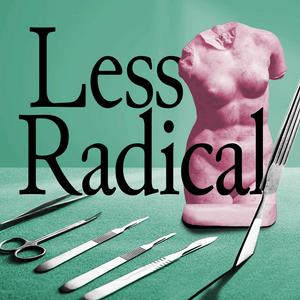In a recent conversation with Dan Pfeiffer, historian Heather Cox Richardson discussed the American deification of self-reliance, represented by the loner cowboy from the 1950’s on. “The myth of the American cowboy,” Richardson posited, “is that he is a true American and wants nothing from the government but to be left alone. He dominates women; he dominates the minorities around him; and he’s good with a gun.”
Richardson reminds us, however, that the rough and tough cowboy was really a mirage. Most cowboys were non-white, relied on each other and lived in a world where guns had to be surrendered to enter a town.
Richardson feels the American story is instead, represented by another image, “That was to be somebody who believed in community and believed in making sure that you protected your weakest members and made it possible for everybody to have a shot at equal access to resources so they could work hard and rise.”
In America, according to Richardson, “if you are an individual, you have the power to change the country. You have the power to change your life, you have the power to change the world by working together the way people did during World War II, or the strikers did in the late 1890s, or the civil rights workers did in the 1960s.”
I believe this is true in cancer as well. Cancer is a disease that impacts an individual, but it is experienced in community. Whether in a family, friend group, religious community or workplace. Cancer is a communal diagnosis because it will touch each of our lives. It also places the individual among the long line of those that have come before them and those that will come after. Each person has an opportunity to change the future for the next patient.
Some do that locally, supporting friends and strangers who whisper a new diagnosis over coffee. Others form research organizations to find earlier detection tests or better treatments. Still others are propelled to enter the arena and become oncologists, caring directly for cancer survivors and their families.
Thanks for reading Cancer Culture! Subscribe for free to join the conversation.
The last category is the one I will be focusing on during the month of October. These are patients and family members who put their shoulders to the boulder of progress and push it forward. In some cases, these activists moved cancer out of dark corners and into the public light. In others, they demanded a voice in their care. And still others provided millions of dollars in research funding and organized publicity campaigns
I will be turning over the Cancer Culture Substack to biographer, Judy Pearson. Judy is a breast cancer survivor, author and friend whose new book, Radical Sisters, highlights the impact of three incredible women who dedicated their lives to changing the world of breast cancer. Shirley Temple Black, Rose Kushner and Evelyn Lauder ignited a movement that changed the world.
Susan G. Komen founder Nancy Brinker remembers working alongside these women, “We worked at a time when the word breast could scarcely be uttered in public, let alone printed in mass media advertising. Our paths were shaped by shared goals but also marked by occasional differences. We competed, debated and sometimes squabbled, but beneath it all, there was a deep and abiding respect. Though we came from different places, with different stories, our purpose united us: To life the veil of silence surrounding breast cancer and to create a world where this disease no longer threatened the lives of women.”
As Cox-Richardson reminds us of and these three women demonstrate, WE all have the power to change our lives and the world around us by working together.
To orient yourself to these stories, I recommend listening to the Bonus Episode of Less Radical which I’ve reposted above. As always, I look forward to hearing your thoughts.
This is a public episode. If you would like to discuss this with other subscribers or get access to bonus episodes, visit cancerculture.substack.com


